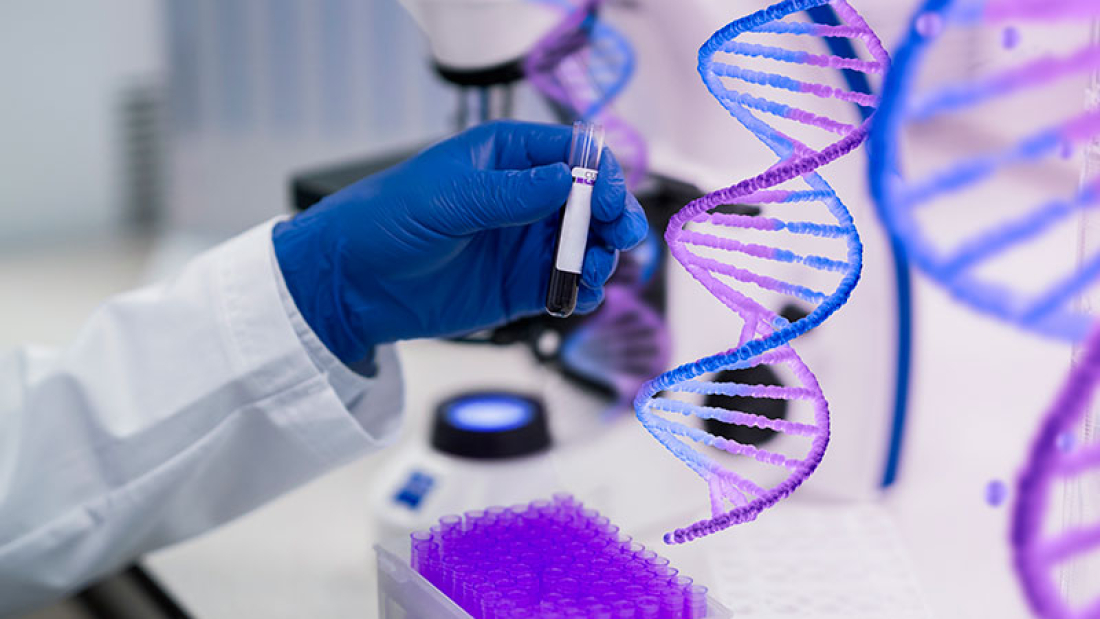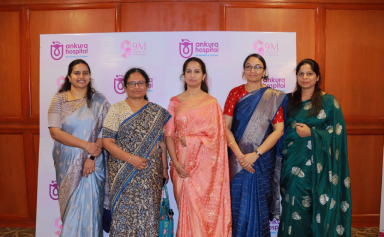







In agrigenomics, data analysis is vital for processing vast datasets from sequencing, uncovering genetic markers for traits like yield and resilience. It facilitates precise marker-assisted breeding, reducing time and costs while enhancing crop sustainability. Effective data analysis empowers researchers to make informed decisions, driving agricultural innovation and faster go-to-market timeframes. Stanome excels in simplifying bioinformatics..

A study published in the American Journal of Human Genetics investigated the prevalence and impact of nonsense single nucleotide polymorphisms (SNPs) in the human genome. These variants introduce premature stop codons, potentially leading to truncated, nonfunctional proteins. By genotyping 805 nonsense SNPs across 1,151 individuals from 56 populations, researchers identified 169 genes with variable nonsense SNPs, with 99 genes showing inactivation in at least one individual. On average, individuals differed by 24 genes due to these SNPs alone. While most nonsense SNPs are slightly disadvantageous over evolutionary timescales, some may be advantageous, indicated by high population differentiation and frequency.